
The formula for future-proofing pharmaceutical networks to withstand any disruption.

The formula for future-proofing pharmaceutical networks to withstand any disruption.

Eli Lilly CEO David Ricks to the BBC: “It feels like it'll be hard to come back from here."

Marcel Botha, CEO of 10XBeta, identifies the most significant technological innovations in medical device manufacturing that will be crucial for future pandemic preparedness and supply chain stability.
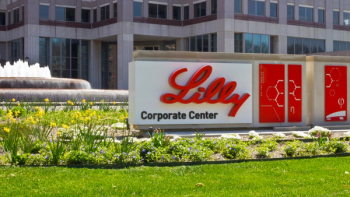
Three of the new sites will focus primarily on producing ingredients for domestic usage.

Prescription data between 2017 and 2023 revealed that while Adderall prescription fills decreased following the shortage, many children transitioned to alternative stimulants for attention-deficit/hyperactivity disorder.

In today’s pharmaceutical market access landscape, payers are not the sole decision-makers in utilization management development.

To safeguard patient access to life-saving medications, pharma companies must prioritize building robust resilience strategies that encompass IT systems, inventory management, risk mitigation, and regulatory compliance.


The Federal Trade Commission and Department of Health and Human Services are examining the practices of group purchasing organizations and drug wholesalers and the role they may play in triggering shortages of generic medications.

In this video interview with Pharm Exec Associate Editor Miranda Schmalfuhs, Dr. Jo Varshney, CEO & Founder of VeriSIMLife, discusses how artificial intelligence and machine learning can assist in the drug shortage problem.
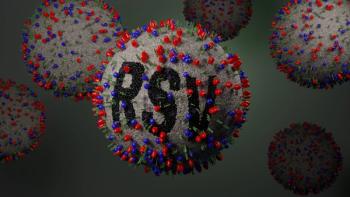
Beyfortus (nirsevimab-alip), a monoclonal antibody that protects against respiratory syncytial virus-associated lower respiratory tract disease, experienced higher than anticipated demand that led to shortages during the 2023-2024 season.

Roots Analysis report suggests increase can be attributed to the growing demand for advanced therapies and biologics.

Lack of trust in pharma-provided content proves to be a key barrier to successful engagement, highlighting issues like promotional spin, information availability, and more.

Law aims to mitigate ongoing global drug shortages.

Researchers highlight steps to be taken in the European Union to manage the challenge of ongoing drug shortages.
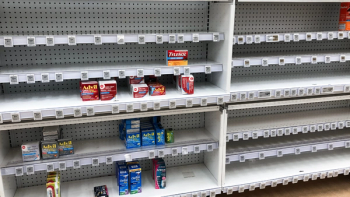
IQVIA report explores why these shortages are increasing, and how they can be mitigated.
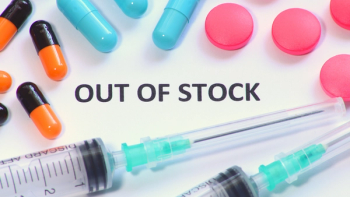
House Committee on Oversight and Accountability request documents on agency’s drug shortage mitigation strategies.
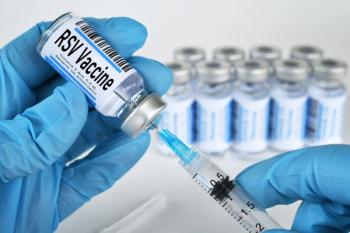
Due to a higher than anticipated demand, Sanofi is carefully managing distribution of 50 mg doses of Beyfortus in the private market to fulfill existing orders and provide equitable access to remaining doses for the vaccine that protects infants against respiratory syncytial virus.

Mangal discusses the causes of the shortage and how pharma companies can find solutions.

Due to a global demand, treatments such as Adderall and Ritalin have been in short supply for the management of attention-deficit hyperactivity disorder.

Increase in new treatments also brings increase in logistical challenges for pharma.

As borders shut down during the pandemic, pharma learned some lessons about sourcing.

The 2013 Drug Supply Chain Security Act (DSCSA) established a framework for exchanging data when products are transacted throughout the US pharma supply chain. Its goal, by November 2023, is to enable unit-level traceability in a secure, interoperable manner. HDA’s Chip Davis talks about how pharma manufacturers must prepare for this implementation deadline.

Rafael Teixeira on building an end-to-end cold chain strategy to support global storage and distribution efforts.

Additional assistance necessary for patients prescribed specialty therapies.